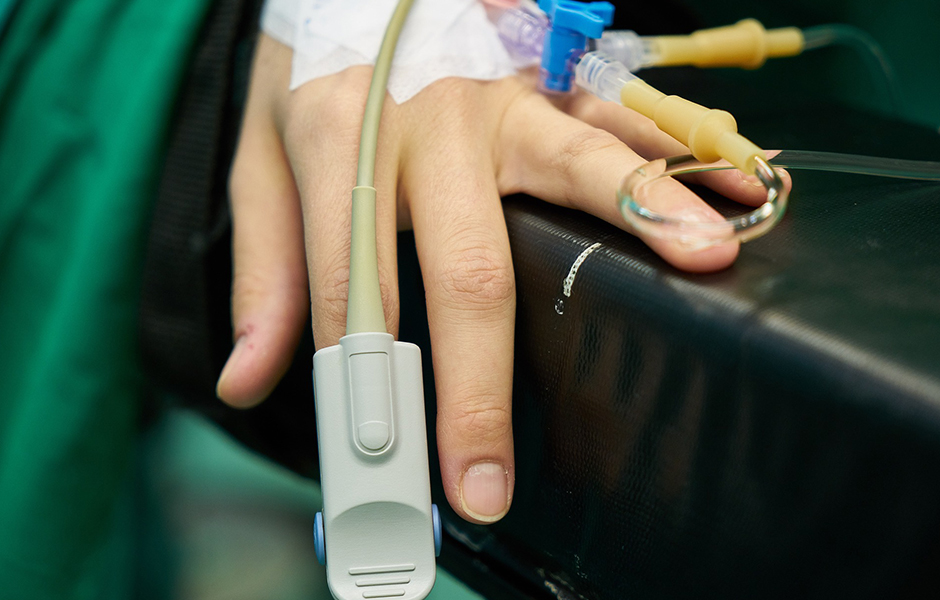Most patients with a history of allergy to penicillins undergoing surgery can safely take the antibiotic commonly recommended by health authorities for antibiotic prophylaxis (cefazolin), instead of other antibiotics that are less effective and more expensive. This is the conclusion of a study conducted by researchers from CINTESIS – Center for Health Technology and Services Research, the Faculty of Medicine of the University of Porto (FMUP), the Massachusetts General Hospital (USA), and the University of Colorado (USA), now published in the journal JAMA Surgery.
The study, a meta-analysis of great scientific robustness, confirmed that “cefazolin can be given to most patients who report allergy to penicillins,” explains Bernardo Sousa Pinto, lead author of the study, a CINTESIS researcher, and professor at the Department of Community Medicine, Information and Decision Making in Health at FMUP. In part, the results are explained by the low frequency of confirmed allergy to penicillins: “many patients think they are allergic to penicillins, when in fact they are not. They had infectious manifestations in childhood that were mistaken for allergy. This reflects the need for patients reporting allergy to penicillins to be adequately tested,” the expert adds.
The non-use of cefazolin in patients with a history of allergy to penicillins is based on data from old studies from the 1960s and 1970s that reported a high frequency (8%) of cross-reactivity between penicillins and cefazolin. However, according to Meghan Jeffres, a researcher at the University of Colorado, “these figures are much higher than the real ones. The non-use of cefazolin in patients who are not truly allergic to penicillins is of concern since this antibiotic is most effective against agents that often cause surgical infections.
In other words, the frequency of simultaneous allergy to cefazolin and penicillins is so small that most patients with a history of penicillin allergy can safely receive cefazolin in the context of surgical prophylaxis. According to Kimberly Blumenthal, another of the study’s authors and a physician at Massachusets General Hospital, “the study found that the frequency of simultaneous allergy to penicillins and cefazolin is around 0.7%, rising to 3% in patients with confirmed penicillin allergy.”
In Portugal, the Directorate-General for Health recommends cefazolin as the first choice of antimicrobial for surgeries. However, in patients with a history of allergy to penicillin, the use of other drugs, such as other cephalosporins, vancomycin, or clindamycin, is suggested.
There are many people with false diagnoses of allergy to antibiotics of the penicillin family, whose consequences, in clinical and health services terms, can be serious. “These patients are treated with second-line antibiotics, which are less effective and carry a higher risk of resistance than penicillins,” explains Bernardo Sousa Pinto.
The Portuguese researcher has already participated in other studies that revealed that testing for allergy to penicillins allows substantial economic savings (in about 282 euros per patient admitted to Portuguese hospitals and up to 2103 euros in outpatient settings), and he has also calculated that only one in ten diagnosed patients is actually allergic to penicillins. Luís Araújo and Luís Delgado, Ana Margarida Pereira, Luís Filipe Azevedo, and João Almeida Fonseca, CINTESIS/FMUP researchers, also participated in such studies.

